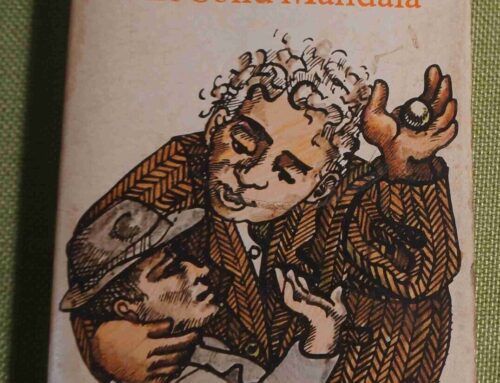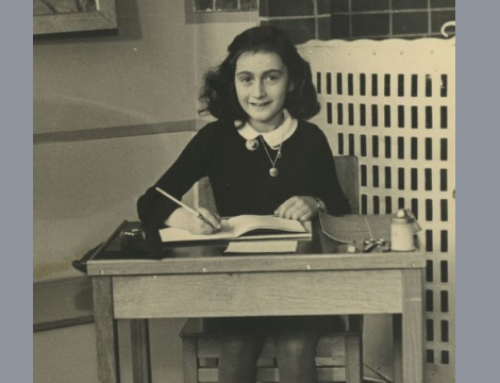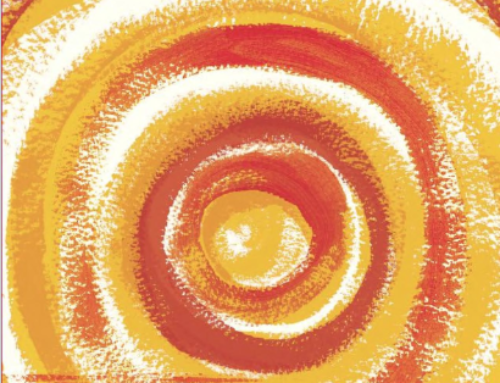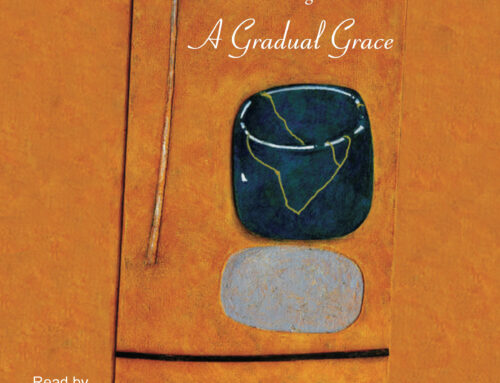 This book is the hardest that I have committed to read and review. Behrouz Boochani’s memoir of his six-year incarceration on Manus Island, No Friend but the Mountains: Writing from Manus Prison, begins just before the Australian (Labor) government decided to resume offshore processing of asylum seekers in 2012. It is a searing, confronting, powerful testimony of indefinite detention and systematic torture. More than that, it is a work of resistance, a significant piece of prison literature, and a critique of refugee policies here in Australia, and by extension, globally.
This book is the hardest that I have committed to read and review. Behrouz Boochani’s memoir of his six-year incarceration on Manus Island, No Friend but the Mountains: Writing from Manus Prison, begins just before the Australian (Labor) government decided to resume offshore processing of asylum seekers in 2012. It is a searing, confronting, powerful testimony of indefinite detention and systematic torture. More than that, it is a work of resistance, a significant piece of prison literature, and a critique of refugee policies here in Australia, and by extension, globally.
Australia, as Richard Flanagan points out in his foreword, is a nation that prides itself on decency, kindness, generosity, and a fair go. Here in this book we have a complete, red-hot and horrifying picture of the underside of this society. I am reminded of Utopia, by the sixteenth-century philosopher, Sir Thomas More. He fictionalised an ‘ideal’ society; but one dependent on slavery, with low-grade occupations like butchery performed by bondsmen, less the cruelty of this practice corrupt the free.
So here, on this island about 3000 kilometres north of Australia, and part of Papua New Guinea, currently, about 600 men are lost, alienated, imprisoned. Until 2017, they were kept in bondage by Australian officers and guards and local ‘Papus’, who were expected to follow orders from the Australians without thought or question.
The prison that Boochani describes is literally no longer there, because the PNG government declared it illegal in 2017, and the men were forcibly moved to ‘camps’ where they are technically free, in that they can go into the settlement for food and medications, but they cannot leave the island. So they are still prisoners, and though they may have a little more freedom of movement, they are subject to new dangers in attacks by the locals.
This book is not about the latter phase of their incarceration. Boochani’s story begins with his terrifying experience of trying to reach Australia by boat from Indonesia. The first four chapters give a graphic, vivid account of leaving Indonesia, the days at sea, the leaking boat, its wrecking by the waves, and the rescue by a British cargo ship. There is heroism here, but it is lost in the struggle to hold death at bay, the competition for rescue, the starvation, the thirst, the scorching sun.
A single pistachio, a single date, might determine whether one lives or dies. This was something I have realised during days at sea, starving. Many times I have seen the others secretly slip a date from their underwear and swallow it in the blink of an eye lest anyone realise, lest anyone notice that their breath smelled of food. Everyone scrutinises everyone else; their eyes searching out for a chewing jaw or a shifting throat.
After a month on Christmas Island, the asylum seekers are subjected to a further exile: the men are sent to Manus Island.
I just want them to take me to that island, the island I have only ever heard the name of. At least I will know where my place is… Sometimes experienceing suffering and hardship up close is easier than being terrorised with impending torment. It isn’t as though I haven’t had to endure adversity in my life.
Arrival at Manus Island brings no relief. The heat is ferocious, the fans circulate only hot air, the generator breaks down periodically, the mosquitoes swarm around their prey at dusk and nighttime, the bottled water is hot, the clothes the prisoners are forced to wear are baggy and demeaning, the food is basic and minimal, the queues at mealtimes are long, the latrines are filthy, the stench unbearable, the rooms tiny and suffocating.
The men throng the rooms and corridors, alienated, famished, deafeningly boisterous, frenzied. For Boochani, there is no solace in companionship with other prisoners. He is a loner, an observer, and although he acknowledges that “the simplest way to gain status is to identify with a group,” he sees this fellowship as unstable, volatile, subject to delusions, anger, aggression, competition. Within each prisoner is “a small emotional jail,” at the apex of hopelessness and disenfranchisement. So there is the jail without and the jail within.
There are moments of relief, in nature… the coconut trees, flowers that resemble chamomile that grow beneath them, a mango tree that drops its fruit on the roof of one of the huts. But in Fox prison, where Boochani is, nearly four hundred people are kept in an area smaller than a football field.
In another post, I will write of Boochani’s theorisation of the Kyriarchal system, one of structural violence and systematic torture, and of the amazing achievement of this work, written in texts on a mobile phone and translated from the Farsi by Omid Tofighian. And a little more about prison life, and the riot that led to the death of Reza Barati, ‘the gentle giant’.




